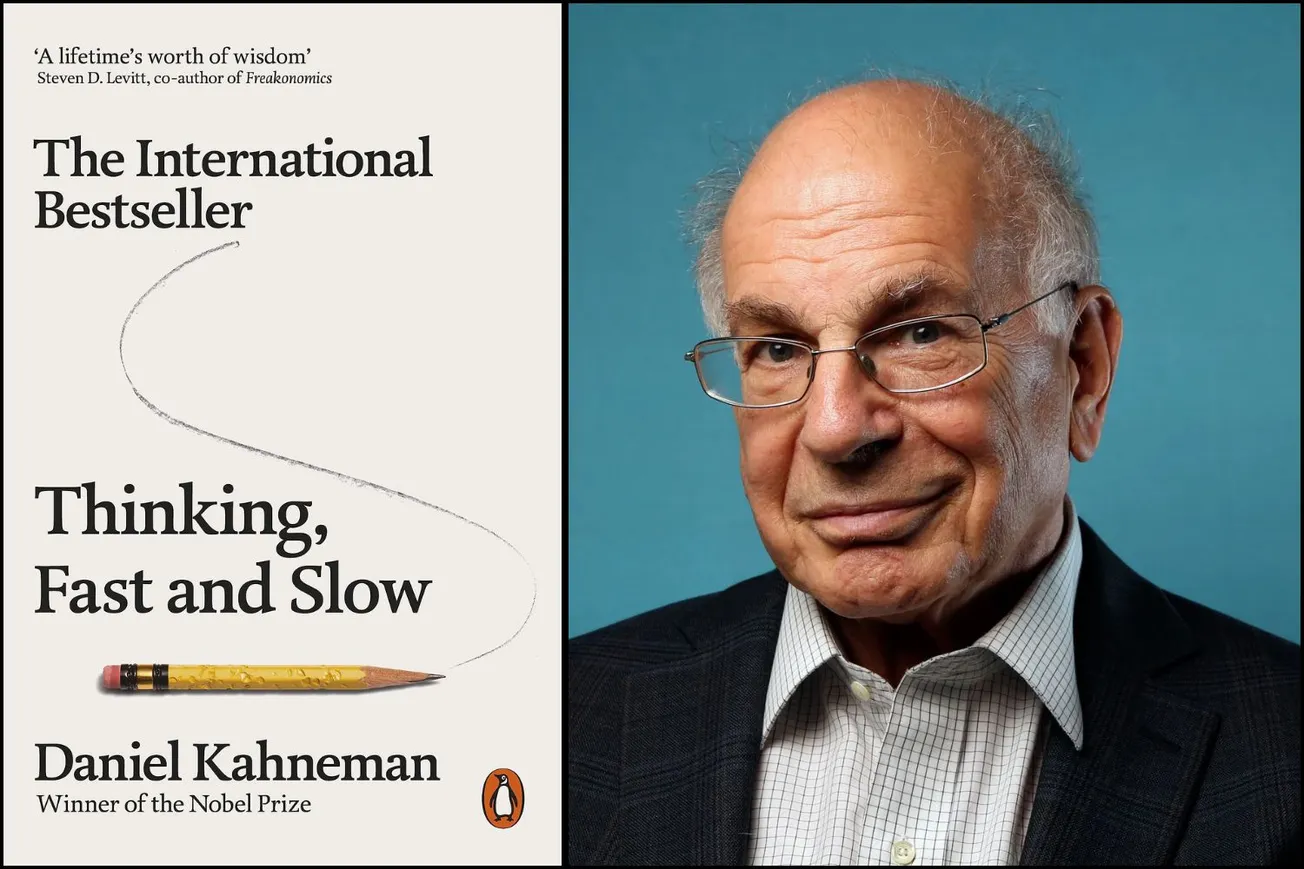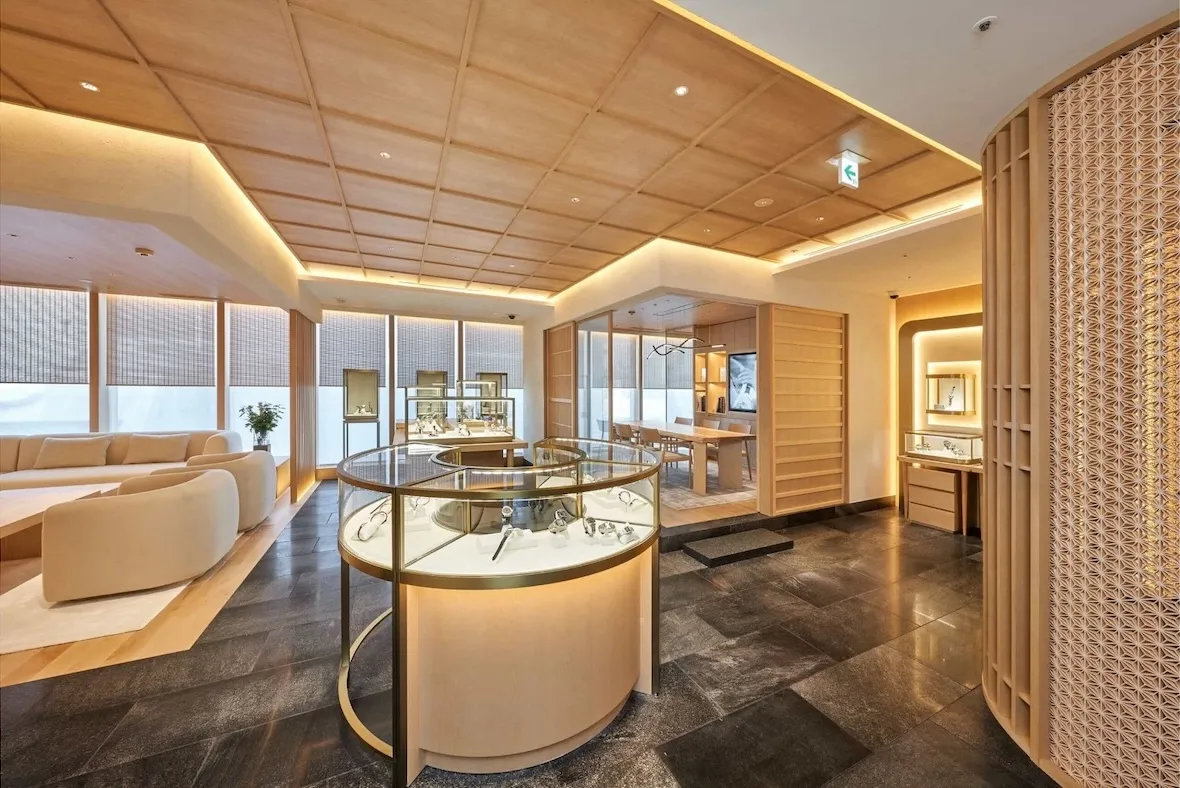Disclaimer: Asian Century Stocks uses information sources believed to be reliable, but their accuracy cannot be guaranteed. The information contained in this publication is not intended to constitute individual investment advice and is not designed to meet your personal financial situation. The opinions expressed in such publications are those of the publisher and are subject to change without notice. You are advised to discuss your investment options with your financial advisers, including whether any investment suits your specific needs. From time to time, I may have positions in the securities covered in the articles on this website. Full disclosure: I do not hold a position in China Overseas Property Holdings Limited at the time of publishing this article. To reiterate, this post and the below presentation are for informational and educational purposes only - not a recommendation to buy or sell shares.
China’s property market is in the midst of a downturn. However, one segment of the market has not only survived but flourished — the niche of state-owned property management companies.
The topic of today’s discussion will be state-owned property manager China Overseas Property (“COPL”) (2669 HK - US$2.0 billion), an affiliate of property developer China Overseas Land & Investment (“COLI”) (688 HK - US$17 billion).
COPL takes care of properties after they’ve been completed. It offers basic services such as security personnel, cleaning, repairs and maintenance, gardening, etc. It’s also moving into value-added services like helping owners rent out their flats.
Most property managers are affiliated with specific property developers. For example, China Resources Mixc Life is affiliated with China Resources Land, Country Garden Services is associated with Country Garden, and COPL is affiliated with developer COLI.
After COLI completes a project, COPL typically takes over its day-to-day management. After the initial contract runs out, properties typically end up in the hands of so-called “property owners’ associations,” which represent the interests of individual apartment owners. These associations typically meet every two or three years to decide whether to renew their contracts with COPL.
The business’s attractive features include its stability, high cash flow, and high return on reinvested capital.
Today, COPL earns a return on equity of 37%. One explanation is that it’s a service business that doesn’t require much capital. Another is that the switching costs are high. Since majority votes are needed to replace property managers, it almost never happens. My impression is that the industry-wide churn has been less than 2%.
So what’s the catch?





